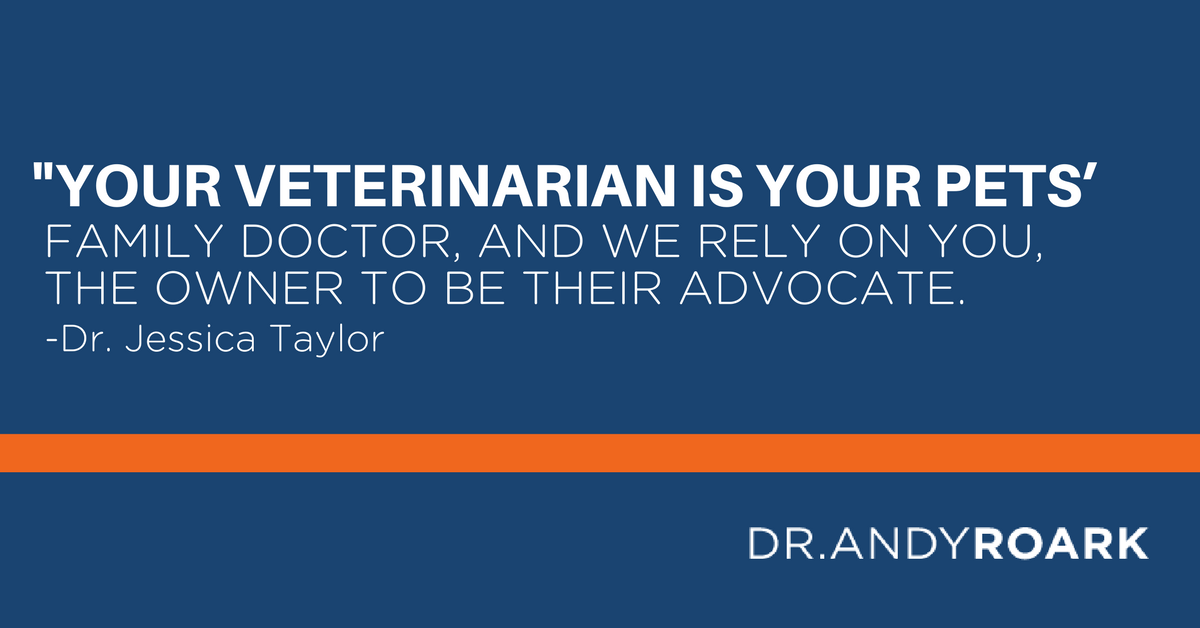
1. You forgot to give the heartworm pill…again!
Life gets busy – we understand! When you come in and tell us you still have pills at home, we already know that the math doesn’t add up. We can see when you last purchased it. But, please, don’t be afraid to tell us – here is why we need to know!
- We can tell you if you are still in the safe zone- a few days late may not be a big deal
- If you have missed a few doses, your pet may be at risk- even a few months down the road after missing the pill. There is a small window where the heartworm pills will kill the immature heartworms. If we miss this, the larva can mature and turn in to adult heartworms. It can take up to 6 months for a positive result to show up! If we don’t detect them early, damage can occur to the heart and lungs and can make your dog very sick. Let us know when the last missed dose happened, and we can develop a plan to ensure your pet is safe.
- Missing a dose or three during the winter shouldn’t be a big deal, right? Remember that January day that was over 70 degrees and sunny? Mosquitoes can be present all year in our climate, so we need to be vigilant all year! Plus, many preventions protect against more than heartworms (fleas, intestinal parasites).
- Your veterinarian may have other choices!!! There are injectable products for those of us who forget. There are topical options for pets who are geniuses at spitting out a pill. Ask us- we will help you come up with a plan!
2. Your pet ate something…but you can’t (won’t) tell us what.
If your pet isn’t acting well, we need to know all the details. Unfortunately, they are really bad at filling us in, so we rely on you. Even though your vet has told you before not to give people food, we need to know that Fido got a ham hock. Or that Fluffy may have scarfed a pill off of the floor.
We really want to help your pet feel better as quickly as possible, so we won’t and don’t have time to judge you about what is in your house. Having an idea of what they ate can direct what tests we need to perform and how to start treatment.
3. Your cat goes outside.
Indoor kitties tend to live longer and have lower risk for infectious disease. But some felines just have the urge to get outside! If your cat started as an indoor only pet but has transitioned to spending time outside, we need to know. Vaccines for Feline Leukemia are very important in preventing this communicable and life threatening disease!
However, most indoor only cats don’t need this vaccine due to low risk. Also, no one wants fleas in their house, but the outdoor world is a great place for your mouser to pick them up. We can talk about ways to ensure everyone is safe and sane!
4.You already gave your pet some OTC medicine at home.
When you bring your pet in for a problem, it often has been going on for more than a day and isn’t getting better on its own. The veterinary nurse will ask if Fido is on any medication, and almost all owners say “no”. Then the doctor comes in and asks again if you have given Fido anything for the problem. It sometimes takes asking three or four different ways before we discover that an owner gave a pill, supplement, aspirin, or even some of their own medication. This is very important for us to know!
Pets do not metabolize medication the same way as people, and many seemingly harmless doses can be toxic to pets. It can also significantly change what medications we can prescribe going forward. Tell the staff everything, no matter how small, that you have put in, or on, your pet!
5. You have a budget.
We understand that unexpected costs can upset our budget, and sometimes our pets pick the worst time to get sick! Veterinary medicine is amazing in that we have many wonderful tests to investigate and diagnose problems. Your veterinarian will recommend the best course of action to get to answers quickly. However, if you know you have a certain amount available, please let us know.
There are special medical credit lines and alternative plans that we can discuss with you to make sure your pet receives the best care possible. Having an open dialogue will make sure everyone is on the same page.
Your veterinarian is your pets’ family doctor, and we rely on you, the owner to be their advocate. Being open and honest about your pet and their environment will ensure that your life together will be as long and healthy as possible. So help us out and we will repay the kindness in treats for your furry friend!
 ABOUT THE AUTHOR
ABOUT THE AUTHOR
Dr. Jessica Taylor is a small animal veterinarian in North Carolina with a passion for client communication. She shares her home with her husband and 2 daughters, the laziest hound dog on earth, and a tyrant of a cat. In any spare time, she enjoys running, reading, and writing.
